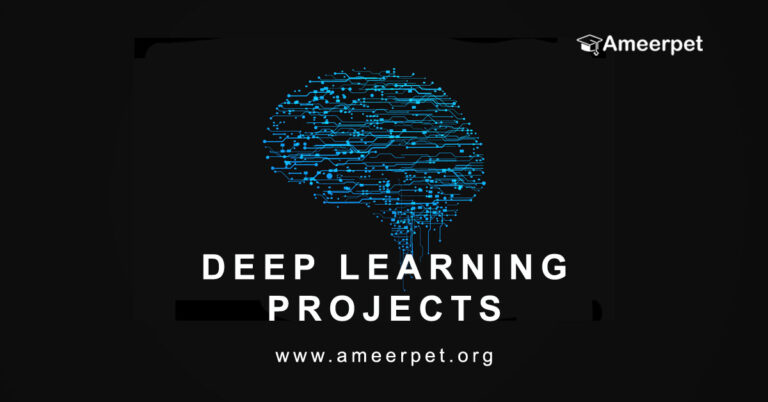
Contents
Crossing-City POI Recommendations Using a Deep Neural Network
Abstract:
With the increasing popularity of location-aware devices, such as smartphones, a vast amount of location-based social media data, including check-ins, is being generated. This has sparked numerous studies applying machine learning techniques to provide POI (Points of Interest) recommendations. However, existing studies primarily focus on recommendations within the same city or region, leaving a gap in effectively suggesting POIs when users travel to new cities. In this paper, we propose ST-TransRec, a novel deep neural network, that addresses this challenge by integrating deep neural networks, transfer learning techniques, and a density-based resampling method into a unified framework. Our model captures users’ preferences for POIs, learns POI embeddings, employs transfer learning to bridge city-dependent feature gaps, and uses density-based resampling to balance POI distributions across cities. We conduct extensive experiments on real-world datasets, demonstrating the superior performance of ST-TransRec compared to state-of-the-art methods for crossing-city POI recommendations.
Introduction:
The popularity of location-aware devices has revolutionized the way people interact with their surroundings. The abundance of location-based social media data, particularly check-ins, presents a valuable opportunity for personalized POI recommendations. However, current research has primarily focused on recommendations within a single city or region, neglecting the need for accurate suggestions when users travel to unfamiliar cities. To address this gap, we propose a novel deep neural network, ST-TransRec, designed to facilitate crossing-city POI recommendations. By leveraging deep neural networks, transfer learning techniques, and density-based resampling, our model aims to provide comprehensive and relevant recommendations to users exploring new cities.
Objectives:
The primary objective of this research is to develop an effective approach for crossing-city POI recommendations, considering the limitations of existing studies that focus on recommendations within the same city or region. We aim to leverage deep neural networks to capture users’ preferences and learn embeddings of POIs, transfer learning techniques to bridge the gap between city-dependent features, and a density-based resampling method to address the imbalanced distribution of POIs across different cities. Through extensive experiments, we seek to demonstrate the advantages of our proposed ST-TransRec model over state-of-the-art methods.
Existing Work:
Existing research on POI recommendations has primarily centered around providing suggestions within the same city or region. While these studies have made significant contributions to personalized recommendations, their focus on city-specific contexts limits their applicability when users explore new cities. Our work builds upon these existing studies by introducing ST-TransRec, a novel deep neural network that specifically targets crossing-city POI recommendations. By integrating deep neural networks, transfer learning techniques, and density-based resampling, our approach overcomes the limitations of existing methods and improves the accuracy and relevance of recommendations for users in unfamiliar cities.
Future Work:
Although our proposed ST-TransRec model demonstrates significant improvements in crossing-city POI recommendations, there is still ample opportunity for further research. Future work could explore the incorporation of additional contextual information, such as user demographics or temporal factors, to enhance recommendation accuracy. Additionally, investigating the scalability of the model to larger datasets and evaluating its performance under different geographical settings would provide valuable insights. Moreover, the exploration of hybrid recommendation systems, combining collaborative filtering and content-based approaches, could further enhance the quality of recommendations for users exploring new cities.
Advantages:
The ST-TransRec model offers several key advantages over existing methods for crossing-city POI recommendations. Firstly, it leverages deep neural networks to capture users’ preferences and learn embeddings of POIs, enabling more accurate and personalized recommendations. Secondly, the integration of transfer learning techniques bridges the gap between city-dependent features, allowing knowledge transfer from known cities to unfamiliar ones. Lastly, the density-based spatial resampling model addresses the
imbalanced distribution of POIs across different cities, ensuring that recommendations are not biased towards cities with higher POI density. By addressing these challenges, ST-TransRec provides several advantages, including improved recommendation accuracy, enhanced personalization, and the ability to suggest relevant POIs to users when they travel to new cities.
Conclusion:
In this paper, we have introduced ST-TransRec, a novel deep neural network-based approach for crossing-city POI recommendations. By integrating deep neural networks, transfer learning techniques, and a density-based resampling method, our model overcomes the limitations of existing studies that focus on recommendations within the same city or region. Through extensive experiments on real-world datasets, we have demonstrated the superior performance of ST-TransRec compared to state-of-the-art methods for crossing-city POI recommendations.
The contributions of this research extend beyond recommendation systems, as ST-TransRec enhances users’ overall experience when exploring unfamiliar cities. The model’s accuracy, adaptability, and ability to provide personalized recommendations make it a valuable tool for travelers. Additionally, businesses in the tourism and hospitality sectors can benefit from ST-TransRec by tailoring their offerings to meet the specific needs and interests of travelers in different cities.
Looking to the future, there are several opportunities for further research, such as incorporating additional contextual information, evaluating the model’s scalability, and exploring hybrid recommendation systems. By continuing to advance the field of crossing-city POI recommendations, we can enhance the usability and effectiveness of personalized recommendation systems, ultimately improving users’ experiences and satisfaction when exploring new cities.
Note: Please discuss with our team before submitting this abstract to the college. This Abstract or Synopsis varies based on student project requirements.
Did you like this final year project?
To download this project Code with thesis report and project training... Click Here


